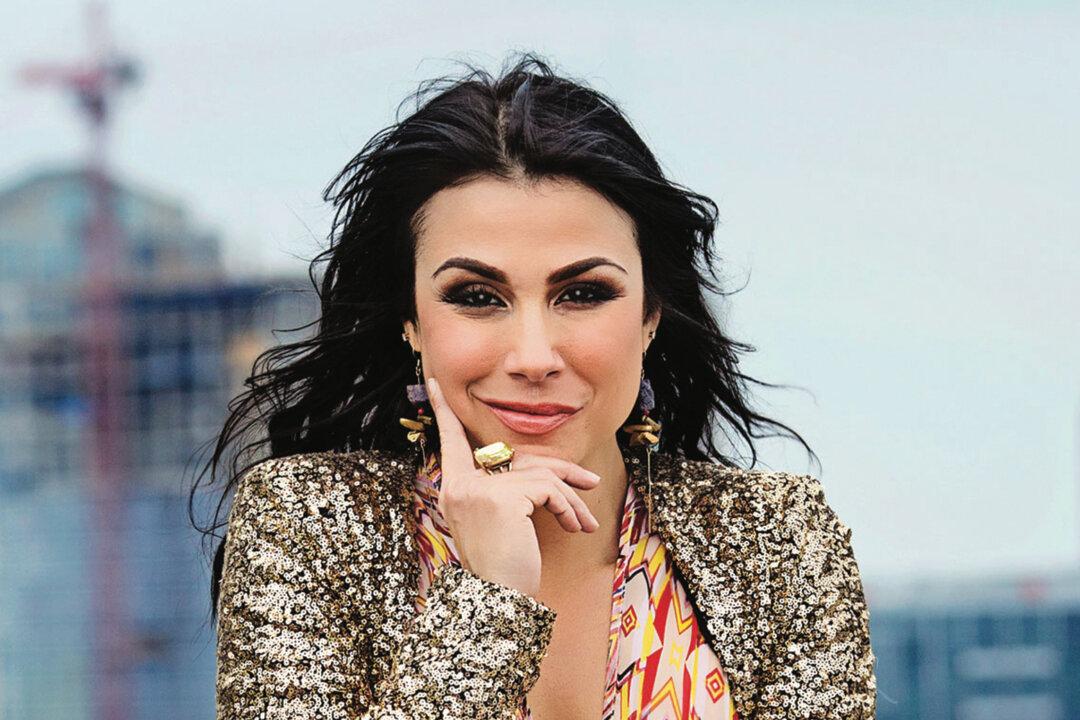Last year, Rachel Baribeau stood in the TCF Bank Stadium in Minneapolis for a college football game between the University of Minnesota and Maryland, and together with the coaches and players of both teams, shared a message about mental health with the audience of 30,000 people. She knew that somewhere in that audience, at least one person was helped. At least one person saw that if these people could get up there and speak about their mental health, they could talk about it too. At least one person was exposed to resources he or she didn’t know to look for, and the information might have saved a life.

Baribeau at TCF Bank Stadium in Minneapolis, hosting a Mental Health Awareness game between the University of Minnesota and Maryland on Oct. 26, 2019. Courtesy of Rachel Baribeau






